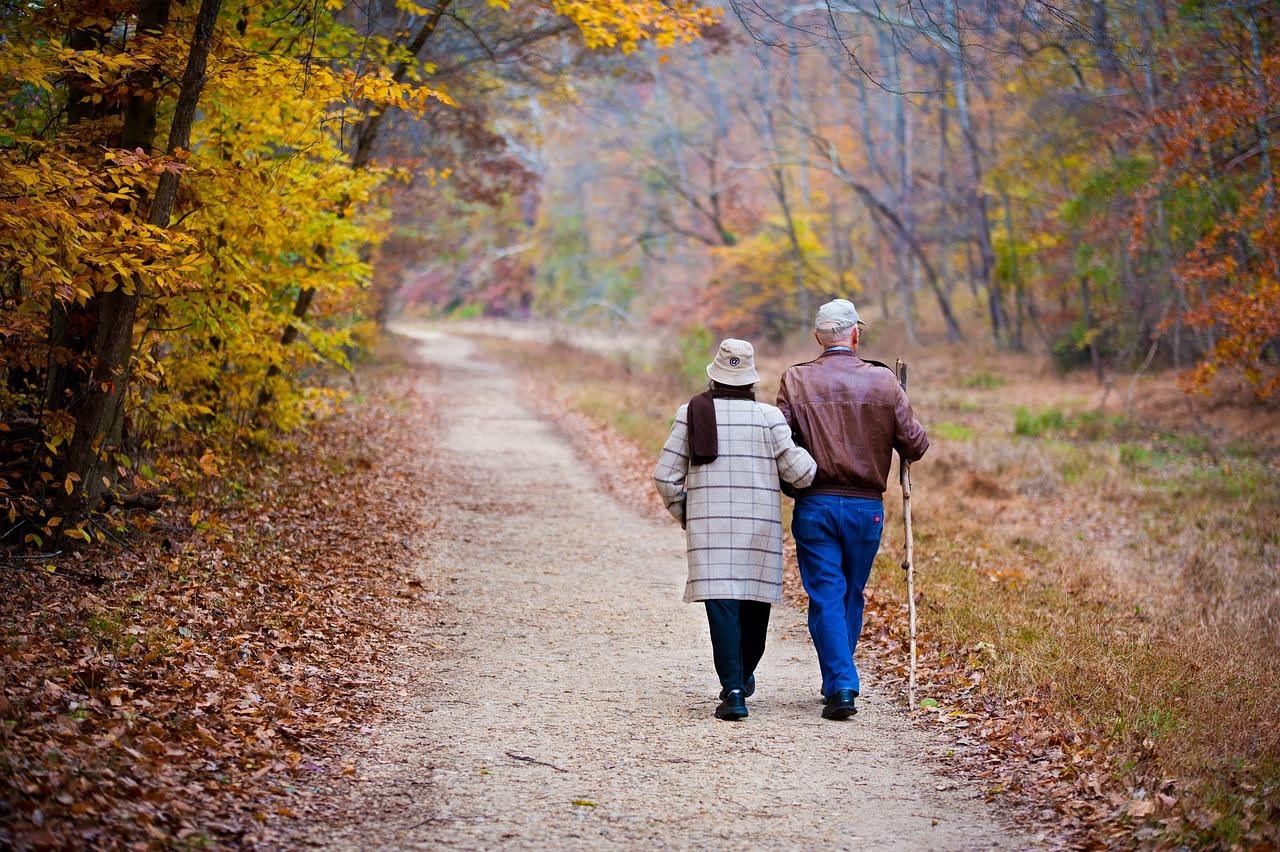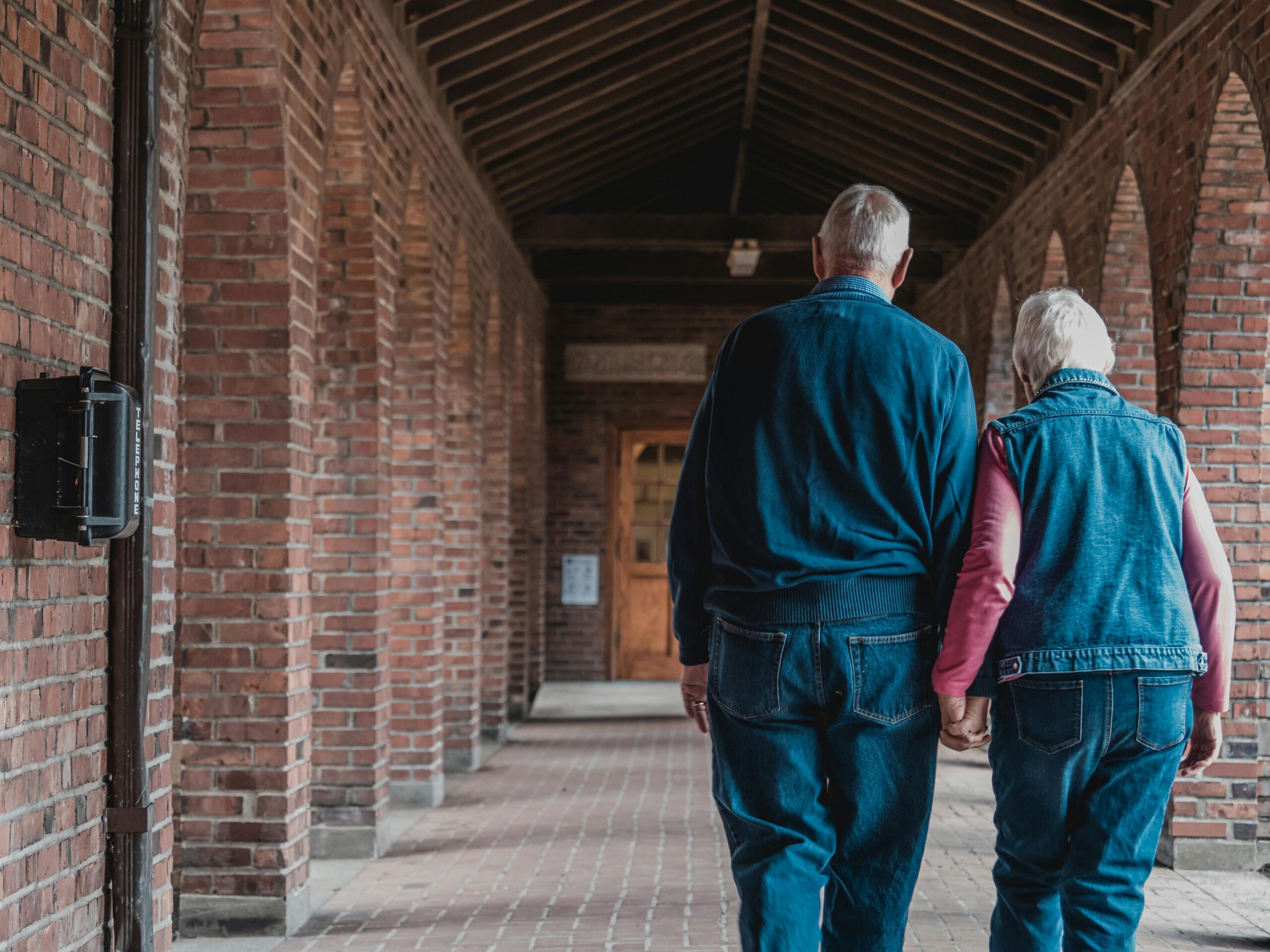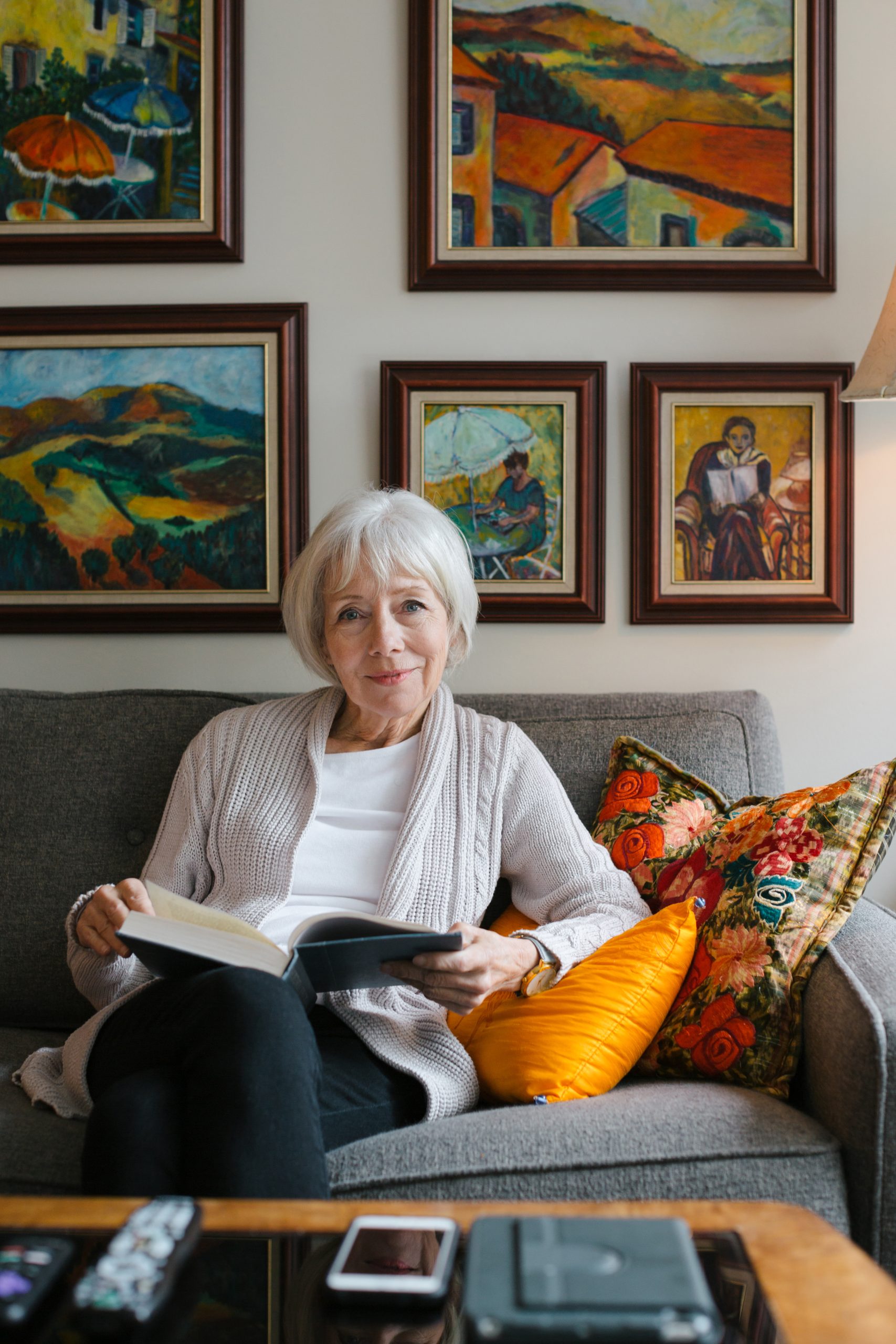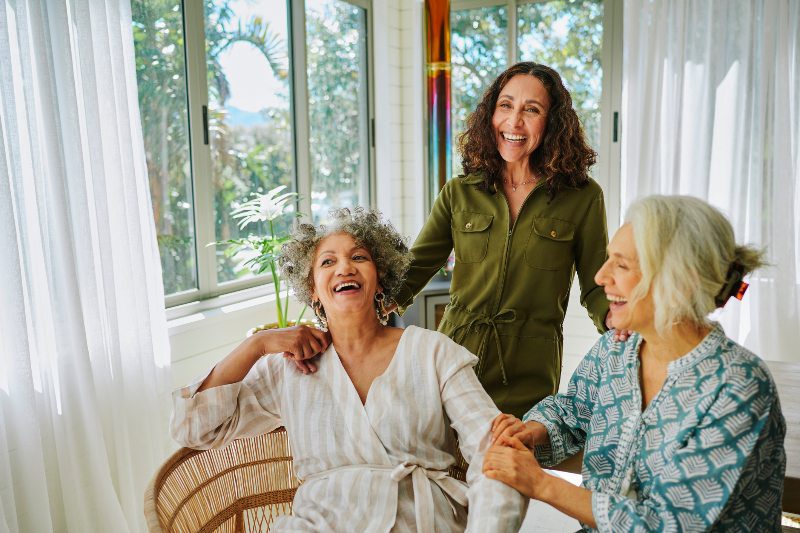Exploring Blue Zones: Insights for Healthy Living

The media often features centenarians who claim to have unlocked the secret to longevity. One 104-year-old woman made headlines when she credited her long lifespan to drinking Dr. Pepper. Another 104-year-old woman said her career as a lobster fisher has kept her busy and allowed her to enjoy a long life.
While these individual stories are fascinating, they don’t explain why some people live significantly longer than others. To better understand this phenomenon, scientists have studied areas called “blue zones.” What are blue zones? This term refers to a handful of regions where people consistently live remarkably long lives, with many residents living over 100 years.
Blue zones share certain characteristics that promote healthy living and longevity. For example, their residents often have active lifestyles and strong community connections. They also eat plant-based diets that may reduce the risk of chronic illness and other aging-related concerns.
Blue zones can teach us valuable lessons about healthy aging. This article explores the secrets of blue zones and their health benefits. We’ll also discuss how you can incorporate blue zone principles into your daily life for longevity and well-being.
Where Are the Blue Zones?
In 2004, Dan Buettner partnered with National Geographic and the National Institute on Aging to research how the environment affects longevity. They identified five areas where “people reach age 100 at 10 times greater rates than in the United States.”
Here are the five blue zones:
- Ikaria, Greece: Residents of this small island have half the rate of heart disease as Americans and rarely develop dementia. They typically eat a Mediterranean-style diet and take mid-day naps.
- Loma Linda, California, United States: This Adventist community eats a vegan diet and continues working or volunteering into their late 90s.
- Nicoya, Costa Rica: This community prioritizes family and avoids processed foods. They also drink calcium- and magnesium-rich water, which promotes cardiovascular and skeletal health.
- Okinawa, Japan: Residents of these South Pacific islands have committed social networks that provide friendship and support.
- Sardinia, Italy: This island is home to a community of shepherds who exercise regularly and eat a plant-based diet.
What Blue Zones Teach Us About Healthy Living
Blue zones exist in diverse locations worldwide where people speak different languages and have distinct cultures. However, these areas share similar lifestyle habits, which contribute to their residents’ exceptional longevity.
Buettner and his team refer to these blue zone principles as the “Power 9.” While nothing can guarantee that anyone will live until 100, the researchers believe the average person can boost their life expectancy by 10 to 12 years by adopting these habits.
Incorporating Movement Into Your Daily Life
Natural movement is one of the most essential aspects of the blue zone lifestyle. Buettner notes, “The world’s longest-lived people don’t pump iron, run marathons, or join gyms. Instead, they live in environments that constantly nudge them into moving without thinking about it.” For example, Sardinians get their steps in as they roam their mountain community.
Regular exercise offers many benefits for older adults, including:
- Better quality of sleep
- Decreased risk of developing cognitive disorders, such as Alzheimer’s disease and dementia
- Easy to maintain a healthy weight
- Improved balance and coordination
- Reduced risk of certain cancers, heart disease, and stroke
Understanding Your Sense of Purpose
Nicoyans believe everyone should have a plan de vida or reason to live. This strong sense of purpose helps residents of this community stay active and optimistic.
Like the Nicoyans, you can potentially improve longevity by finding your purpose in life. This process looks different for everyone but typically involves participating in meaningful activities. For example, you could develop a sense of purpose by caring for your grandchildren or volunteering at your local animal shelter.
Additionally, many people find purpose by setting meaningful goals. For instance, you might aim to hike 1,000 miles, learn a new language, or travel to 30 countries. These objectives give you a sense of direction and accomplishment.
Reducing Stress When Possible
Stress is an inevitable part of daily life, but blue zone residents have developed strategies to manage it effectively. Buettner recounts, “Okkinawans take a few moments each day to remember their ancestors, Adventists pray, Ikarians take a nap, and Sardinians do happy hour.”
Decreasing stress can have many positive impacts on your health, such as:
- Better emotional regulation
- Improved quality of sleep
- Reduced risk of anxiety, depression, and other mental health conditions
- Stronger immune system
Consuming a Mostly Plant-Based Diet
A 95% to 100% plant-based diet is another cornerstone of blue zone longevity. The Blue Zone food guidelines include:
- Drink around seven glasses of water daily
- Eat ½ to 1 cup of beans daily
- Eat one to two handfuls of nuts daily
- Include plenty of leafy greens, such as beet tops, chard, and spinach
- Limit fish to three times a week or less
- Prioritize single-ingredient, unprocessed foods
Blue zone residents also limit their consumption of these foods:
- Dairy
- Eggs
- Meat
- Sugar
This healthy diet may help prevent common health issues. For instance, cutting sugar can reduce your risks of developing diabetes and gaining weight.
Connecting With Your Community
A strong sense of community contributes to blue zone health. Most of the centenarians in Buettner’s study belonged to faith-based groups. They also have strong family connections.
Socializing can significantly impact longevity and health. According to a 2021 study, socializing reduces loneliness in older adults. It can also help manage anxiety, depression, and other mental health conditions. Additionally, a 2023 study found that people who socialize daily live longer than people who don’t regularly interact with others.
Choosing Social Circles That Support Healthy Lifestyles
Blue zones reveal the importance of belonging to communities that promote healthy behaviors. For instance, Okinawans form “moais” or groups of lifelong friends. These social circles provide emotional and financial support and help members manage stress.
Developing connections with health-minded people can significantly impact your habits. For example, active friends might motivate you to go for a walk or tag along to a fitness class. They could also encourage you to eat healthier, laugh more, and visit the doctor. These habits contribute to overall health and longevity.
Incorporating Blue Zone Principles Into Your Life
You don’t need to move to a blue zone to enjoy a longer and healthier life. There are many ways to incorporate blue zone principles into your daily routine.
Start by engaging in more natural movement throughout your day. Consider these simple strategies:
- Choose active hobbies, such as hiking and playing tennis
- Join a walking or biking group
- Live in a walkable community so you can run errands on foot
- Plant a garden
You should also create healthy routines to reduce stress. Many of these stress-relieving habits involve physical activity, so you’ll check off two boxes at once. Here are a few practical ways to decompress:
- Go for a walk in nature to clear your mind
- Join a Pilates or yoga class
- Meditate
- Spend time with loved ones
- Turn on your favorite tunes
- Vent to a friend
Socializing is another essential part of the blue zone lifestyle. Joining a senior living community is one of the easiest ways to develop a strong social network. Many communities organize regular social and recreational activities like book clubs, happy hours, and art classes. These events allow you to meet like-minded peers and develop lasting friendships.
Finally, embrace the blue zone diet. Choose nourishing plant-based meals, such as salads, vegan chili, and vegetable soups. You should also cut down on or eliminate meat, dairy, and sugar.
Step Into the Blue Zone Lifestyle
People who live in the blue zones often enjoy exceptional longevity and well-being. Mimicking the habits and lifestyles of these communities can help you lead a healthier and more fulfilling lifestyle.
You can easily adopt the blue zone lifestyle by joining an SRG Senior Living community. Our Zest program aligns with blue zone principles to promote holistic wellness. Residents participate in a broad range of activities, including fitness classes, gardening, and lifelong learning seminars. These events help older adults build meaningful social connections and gain a sense of purpose. They also allow seniors to stay active in fun and fulfilling ways.
Embrace a blue zone diet with our plant-forward FreshZest dining program. Our expert chefs prepare a variety of nutritious meals with locally grown produce and whole foods. We design each meal to offer numerous health benefits, such as reduced cholesterol and inflammation.
Explore our communities to learn more about how we can help you adopt an enriching blue zone lifestyle.




